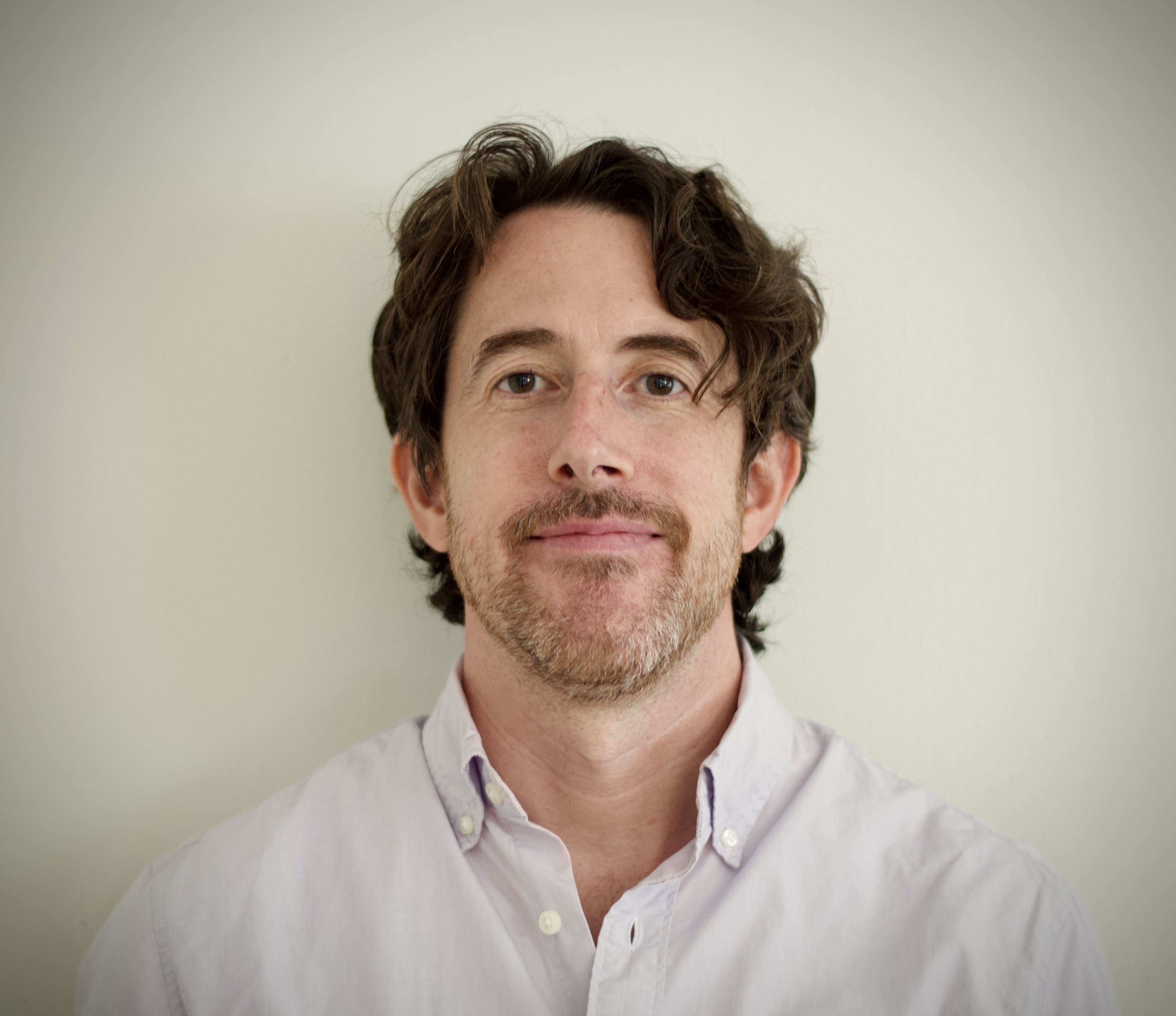
Michael Amoruso
Moved by the Dead: Haunting and Devotion in Urban Brazil
São Paulo is a city of ghosts. And on Mondays, “the day of the souls,” people visit cemeteries and Catholic churches across town to light candles for the suffering dead. They do it, they say, because “souls need light.” But they also pray because the dead are powerful in their ability to help the living. In this book, Michael Amoruso offers a detailed portrait of the devotion to souls (devoção às almas) in contemporary São Paulo. Recognizing that the most popular sites for the practice are also sites of spectral presence, he asks what haunts the city. Through archival research, multi-sited ethnography, and interviews with over one hundred devotees and activists, Amoruso argues that suffering underpins a relationship of mutual aid between the living and the dead, drawing them together at sites of social violence. Their practice, in turn, illumines the ways in which São Paulo’s built landscape is haunted by modernity—namely, the interwoven processes of “whitening” the population through European immigration, industrialization, and ambitious projects of sanitation and urban development. It also suggests that care for the suffering dead provokes political movement, as devotees and activists press for official recognition of social violence, especially as related to slavery and its afterlives.
Forthcoming, release date TBA.
